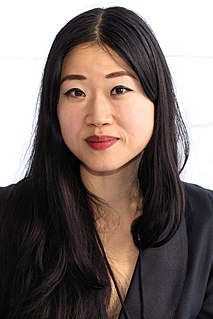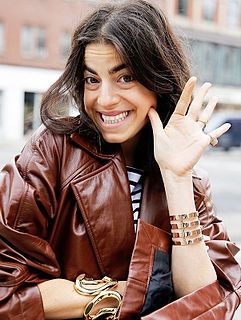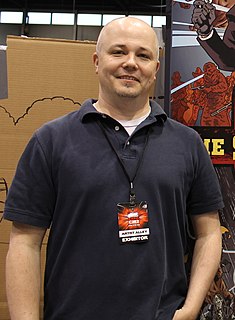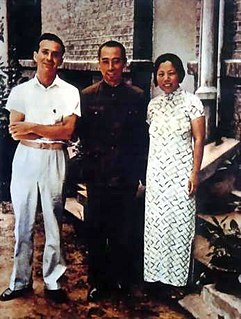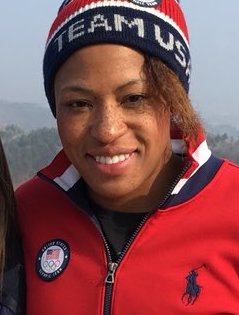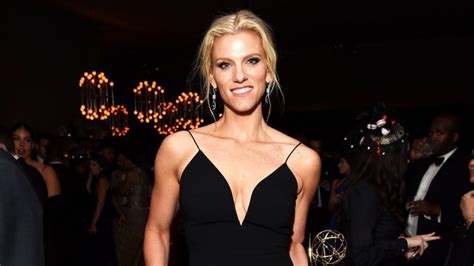A Quote by Mary H.K. Choi
For my first job interview out of college, I wore a cream-colored cotton suit with cap sleeves and an inverted box pleat skirt that was appropriate for the late-August heat - and wildly discordant with the Red Hook offices of the graffiti magazine I had called twice to find.
Related Quotes
One time I was doing an interview for a gay magazine and halfway through the journalist found out I wasn't gay. He said, 'Sorry, I can't continue the interview.' Because they only had gay public figures in their magazine. I felt so crestfallen. I wanted to tell him: but I play fundraisers for gay marriage! I'd rather my kids were gay than straight!'
American Graffiti was the first movie where the director let me have any input. It was the first time anyone ever listened to me. George thought my character should have a crew cut, but I wasn't happy with that idea. I'd always had pretty long hair back then - in college, particularly - so I told George my character should wear a cowboy hat. George thought about it and he remembered a bunch of guys from Modesto, California, who cruised around, like my character, and wore cowboy hats, so it turned out that it actually fit the movie.
I find the whole concept of being 'SEXY' embarrassing and confusing. If I do an interview with photographs people desperately want to change me- dye my hair blonder, pluck my eyebrows. Then there's the choice of clothes. I know everyone wants a picture of me in a mini skirt, BUT THATS NOT ME. I feel uncomfortable. I'd never go out in a mini skirt. Personally, I don't actually think it's even that sexy. Whats sexy about saying, 'I'm here with my boobs out and a short skirt, have a look at everything I've got?' My idea of sexy is that less is more. The LESS you reveal the MORE people can wonder.
There is a story in the book Night Shift, called 'The Mangler,' about a laundry machine that takes on a sort of malignant life. I worked in a laundry for about a year and a half after I got out of college. It was the only job I could find to support my wife and our first child. There was a fellow there that had no hands or forearms. He simply had hooks. This is one of the things that they don't tell you about when you become management. You have to wear a tie. It was this fellow's tie that did him in.
Mao lived very much like the rank and file of the Red Army. After ten years of leadership of the Reds, after hundreds of confiscations of property of landlords, officials and tax collectors, he owned only his blankets, and a few personal belongings, including two cotton uniforms. Although he is a Red Army commander as well as chairman, he wore on his coat collar only two Red bars that are the insignia of the ordinary Red soldier.
My very first venture was a national student magazine to try to campaign against the [Vietnam] War. And so I wanted to be an editor. I wanted to bring the magazine out. And in order for the magazine to survive I had to worry about the printing and the paper manufacturing and the distribution. And, you know, I had to try to, at the end of the year, have more money coming in than going out.
I was the first one to say, 'I'll cover that, I'll stay late. I'll go to that shoot.' Anything I could do to add to my job description... I also found out - you can't learn this in college - but I had a knack for dealing with talent in stressful situations and knowing how to make them feel comfortable and also being fairly truthful.
